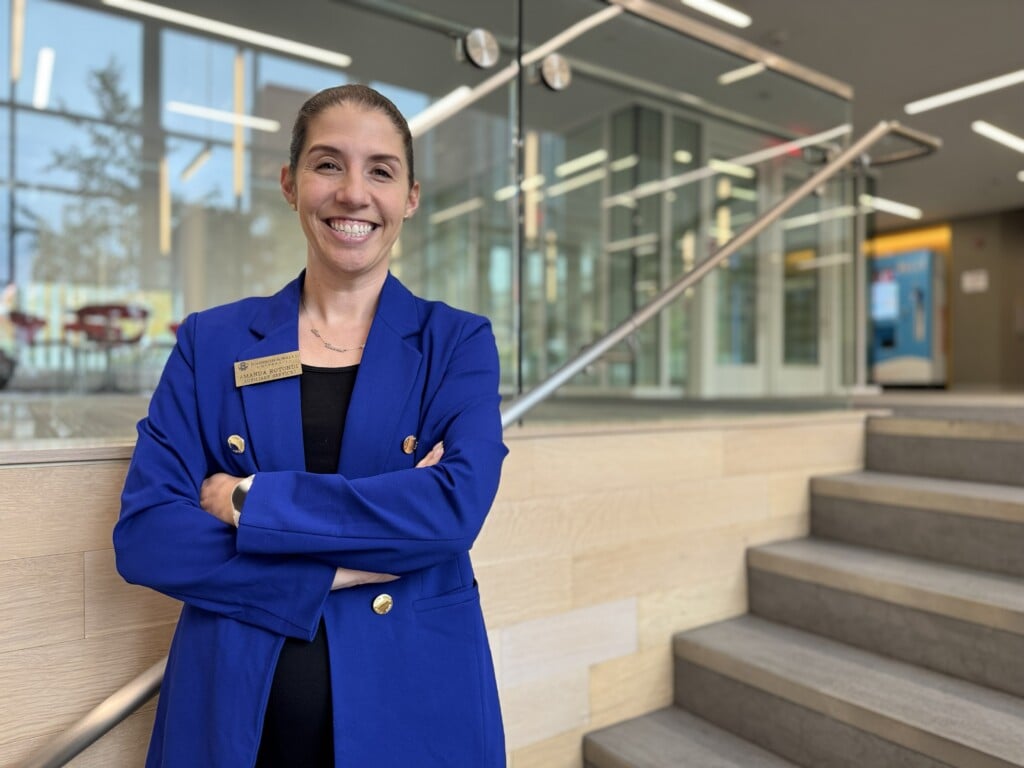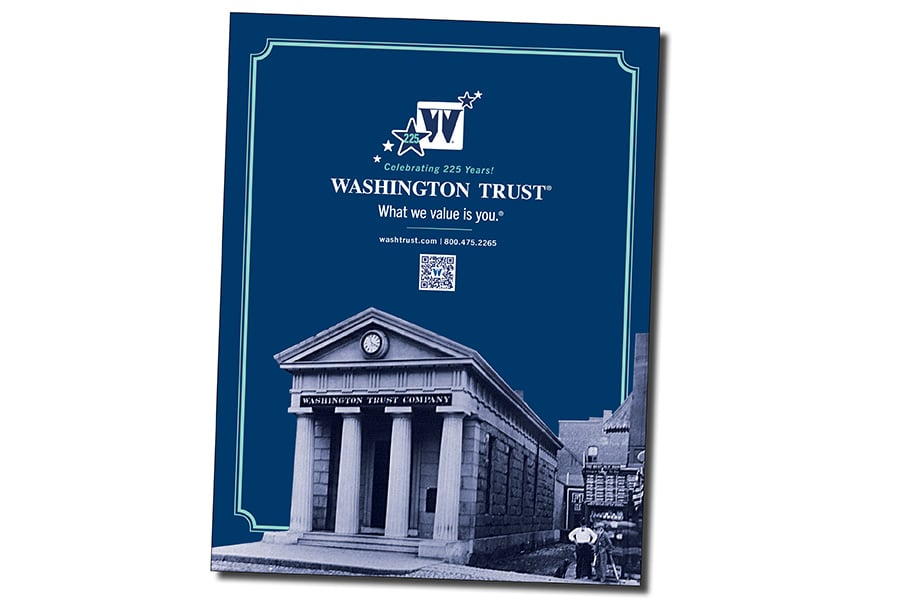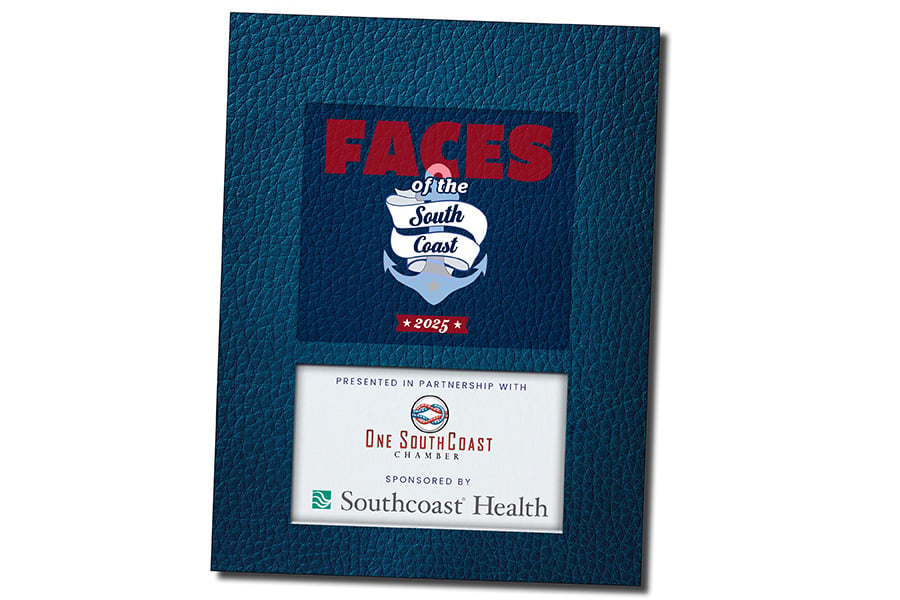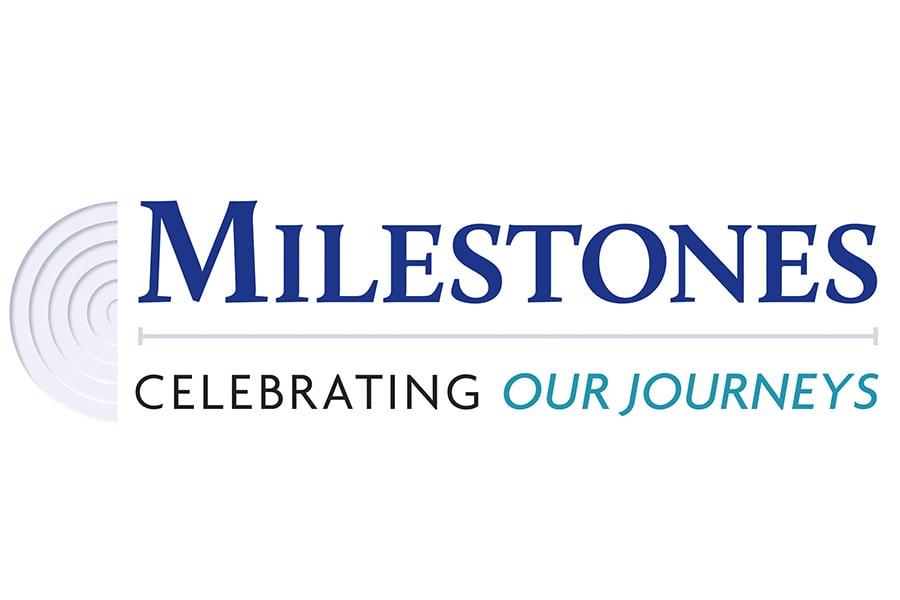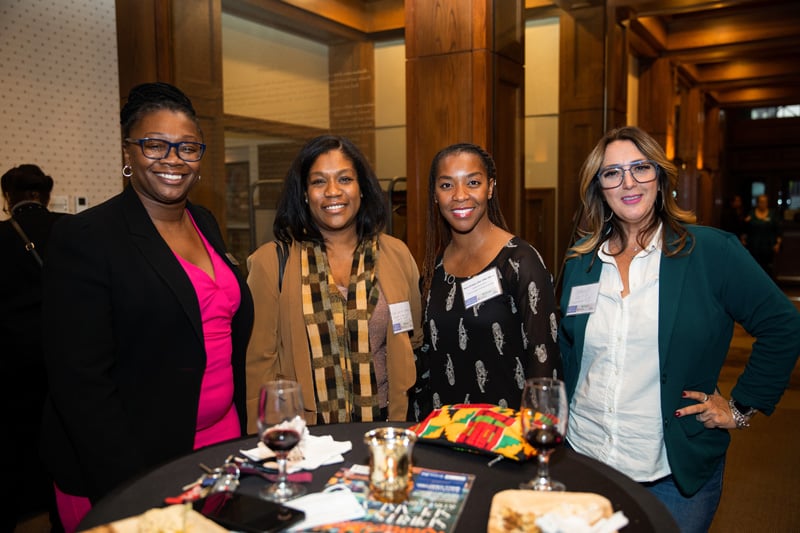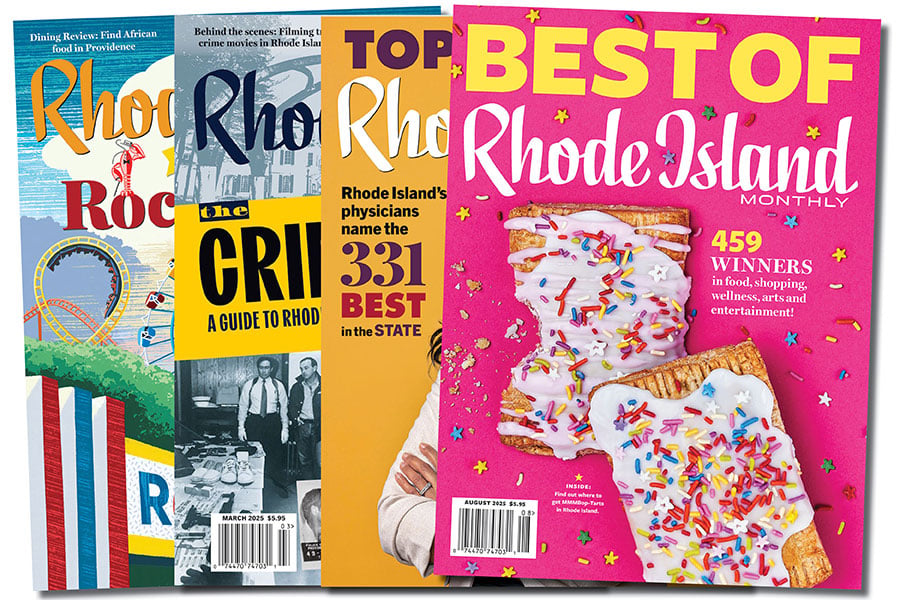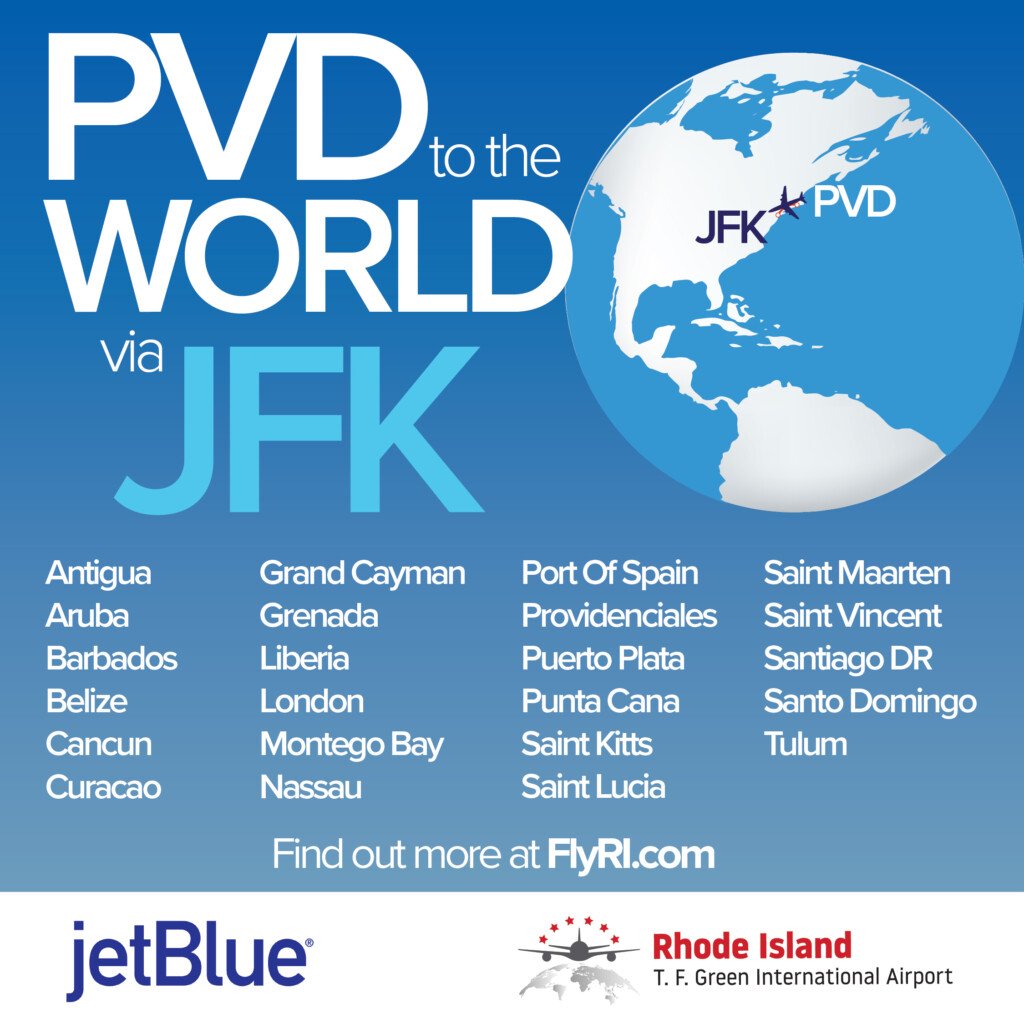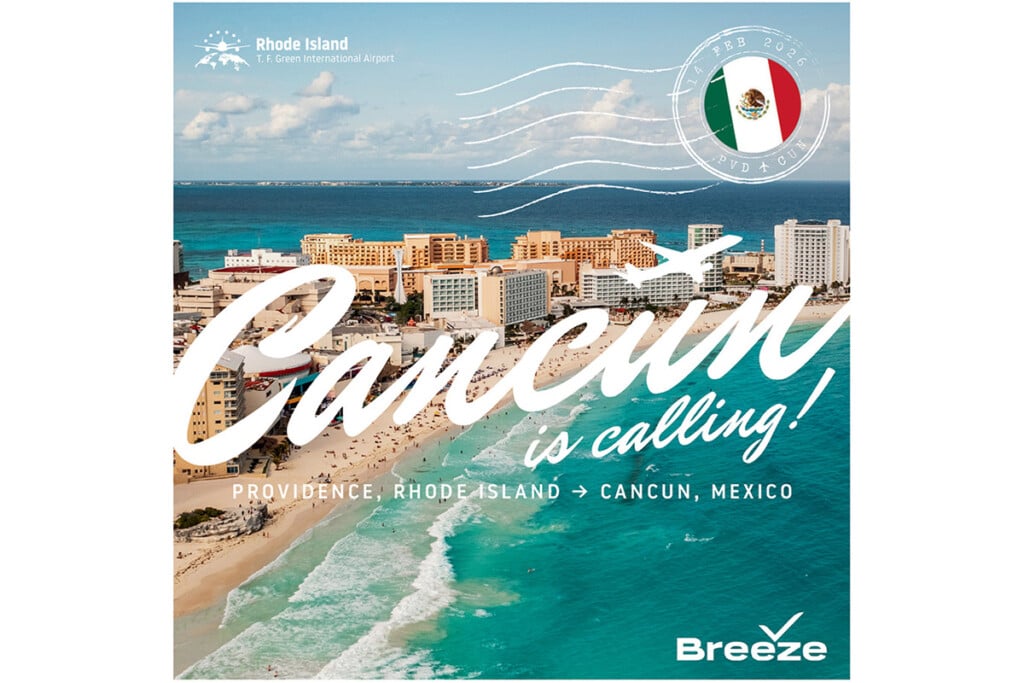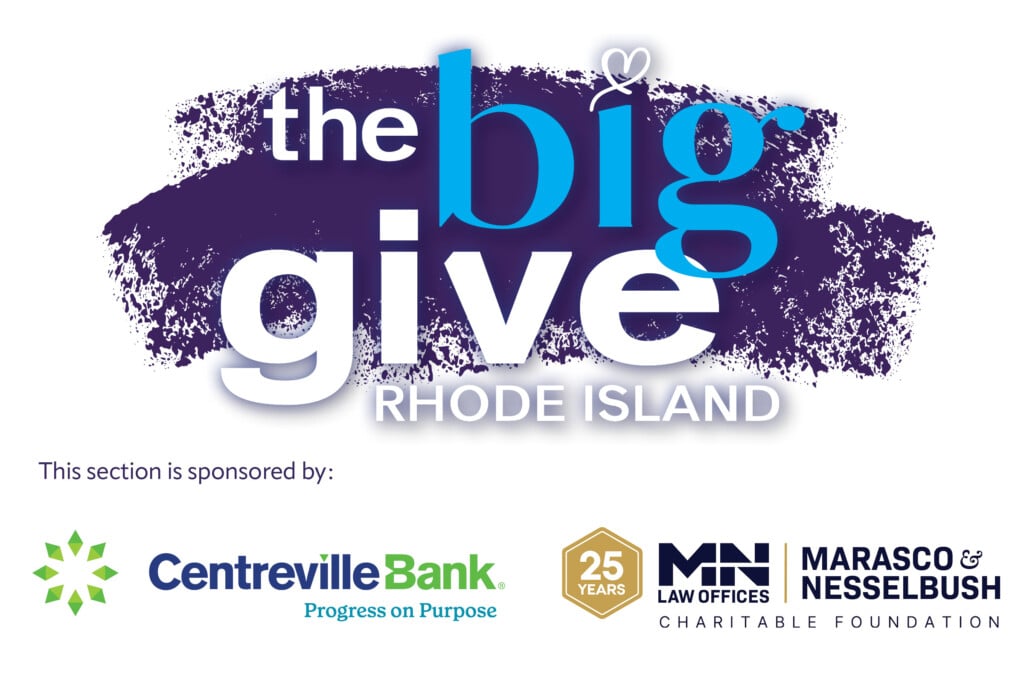Museum of Work and Culture Collecting Handmade Blankets for Local Refugees
The blankets will be displayed this fall as part of the Welcome Blanket project before being distributed through Dorcas International Institute of Rhode Island.

One of the blankets donated to the Welcome Blanket project at the Museum of Work and Culture. (Photo by Jordan Mernick courtesy of the Rhode Island Historical Society)
Let’s face it — there’s nothing quite like a warm and cozy blanket to get you through a chilly New England winter — or a night in an unfamiliar place.
That’s why the Museum of Work and Culture in Woonsocket is collecting handmade blankets to distribute to local refugees through Dorcas International Institute of Rhode Island. The museum is accepting blankets in person and by mail through May 15.
This fall, the blankets will be displayed in the museum’s changing gallery space as part of the Welcome Blanket project. Founded by artist and Brown University graduate Jayna Zweiman in 2017, the project reimagined the proposed border wall with Mexico as 2,000 miles of yarn crafted into blankets to welcome immigrants to the United States. The initial exhibit at the Smart Museum of Art in Chicago sparked similar displays around the country and an ongoing project that continues to this day.
“She was very excited that someone in Rhode Island wanted to do it,” says Béatrice Duchastel de Montrouge, public programs coordinator at the Museum of Work and Culture. “We’re the first institution in Rhode Island to host an exhibit of this project.”
The idea, she says, arrived when museum director Anne Conway saw a local news story about the project in 2022. The project, at the time, was hosted by the Heritage Winooski Mill Museum in Vermont, a similar institution that celebrates the state’s industrial mill heritage. Conway thought the project was a perfect fit, not only because of the Museum of Work and Culture’s location in a former textile mill, but because of its mission to tell the story of immigrants to the region.
“Being able to also include and support refugees coming into this country — which the blankets will ultimately go to refugees — it seemed like the perfect blend of the stories that we tell at the museum and also being able to have a positive impact in our communities,” Duchastel de Montrouge says.
Since January, the museum has collected ninety-two blankets, and Duchastel de Montrouge hopes to hit a goal of 100 by May 15. Of those, about a third were made by Rhode Island crafters. The remainder arrived by mail from all over the country, thanks to a shoutout to the project on the Welcome Blanket website.
Along with a handmade blanket, crafters are asked to include a note sharing the immigration story of their own family or someone close to them and a message for the new arrivals. Duchastel de Montrouge says many of the notes she’s received reflect the story told at the museum of French Canadian migrants who traveled to the Blackstone Valley to work in the region’s textile mills in the nineteenth and twentieth centuries.
“We have a lot of stories of people’s families who have come through the Port of Providence or have come down through Quebec,” she says.
That narrative is personal to Duchastel de Moutrouge, who grew up in the Seattle area and started at the museum as an intern last year. A first generation American whose parents were born in Quebec, Duchastel de Mountrouge says she enjoys connecting with her heritage through her work. Both she and her mother plan to contribute blankets sharing their family history.
Donated blankets must be handmade and can be made of any textile-based media. Duchastel de Mountrouge says the blankets received so far include knit and crochet blankets, quilts and the less labor-intensive fleece tie blankets. The museum plans to display the blankets in an exhibit Sept. 2 through Nov. 30.
“I think for a lot of people, they have that empathy and they want to help others who are in that situation. And by being able to hand make something, it’s a really material way to be able to see the fruits of your labor and see the impact that you have,” she says.
Donors can drop blankets off at any Rhode Island Historical Society location, including the Museum of Work and Culture, the Aldrich House in Providence and the John Brown House in Providence. The mailing address for the museum is 42 South Main St., Woonsocket, RI, 02895. Following the exhibit, all blankets and notes will be gifted to Dorcas International Institute of Rhode Island to distribute to refugees. rihs.org/locations/museum-of-work-culture
RELATED ARTICLES
How Fishcakes’ Handmade Goodies Accidentally Became a Creative Capital Favorite
Rhode Island Foundation Giving Out $4 Million in Scholarships to Students in Need
Grief and Justice: A Sneak Peek of Providence Artist Jordan Seaberry’s New Exhibit

